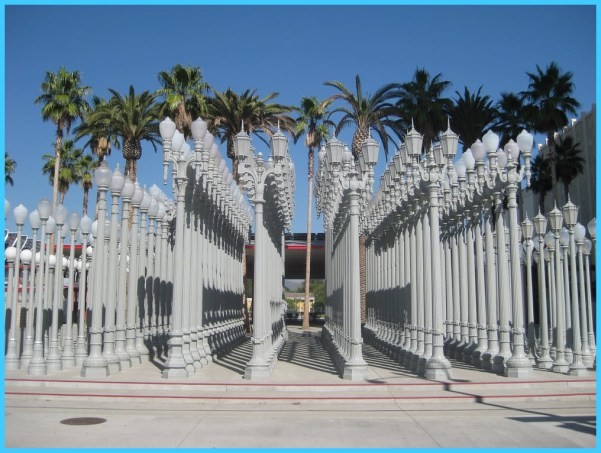

Seth Gerber, a Los Angeles attorney for Chabad, said Tuesday that LACMA recently asked Chabad to make it clear to the Russians that it had no intention of trying to seize loaned artworks to gain leverage for the return of its own disputed texts. But in 2008, a federal appeals court found otherwise, and the Russians responded by turning their back on the case in protest. courts lack authority over the Russian government’s property. Russia contested the legal claim, arguing it should be dismissed because U.S. The sacred texts had been seized during the Russian Revolution and World War II.Ĭhabad first sought their return in 1990. Lamberth ended the nearly-six-year court proceeding by ordering Russia to return 12,000 books and manuscripts and 25,000 pages of rabbinic writings that are known as the Schneerson Collection. The suit originated in Los Angeles in 2004, where Chabad, a branch of the ultra-Orthodox Hasidic movement that began in Russia during the 1700s, has an office. The official said the State Department continues to seek the Russia’s compliance with the ruling in the Chabad case. The official, who spoke on condition of anonymity because of the diplomatic sensitivities involved, said the National Gallery of Art in Washington and the Menil Collection in Houston also have been affected. State Department official said Wednesday that in “very high level” diplomatic discussions in Washington and Moscow over the last few months, “we have offered every reassurance we can … that works of art are safe” under a 1960s federal law that prohibits legal claims on artworks loaned to nonprofit cultural institutions in the United States. The museum has warned Russian museums that it won’t send costumes for a planned touring exhibition on French fashion designer Paul Poiret unless the ban is lifted.Īttempts Wednesday to reach a Russian Embassy spokesperson were unsuccessful. Four paintings that the Metropolitan Museum of Art in New York had expected for a recent Cezanne exhibition and a current one on 19th century art were withheld by Russia, spokesman Harold Holzer said Wednesday. The ban has affected other prestigious art institutions. LACMA spokeswoman Barbara Pflaumer said Tuesday that she could not comment on LACMA’s efforts to assuage the Russians in hopes of securing the artworks the situation “is incredibly fragile and we are doing our very best not to make waves,” she said, adding that “Gifts of the Sultan: The Arts of Giving at the Islamic Courts” will take place with or without the pieces from Russia. law and diplomatic assurances to the contrary, Russian officials have said they fear art shipped to American museums could be seized as collateral. District Court last summer that Russia must restore a trove of religious books and manuscripts to Chabad, a prominent international ministry based in New York City. Russia’s actions are the result of a ruling in a U.S.

museum exhibition, forced the indefinite postponement of another, and could prevent LACMA from showing 38 artworks in a major exhibition on Islamic art set to open June 5. The Russian cultural ban already has aborted one U.S. museums because of an American court decision in favor of the Jewish religious group Chabad. The Los Angeles County Museum of Art is caught in the middle of a legal and diplomatic dispute that has prompted Russian authorities to ban art loans to U.S.


 0 kommentar(er)
0 kommentar(er)
